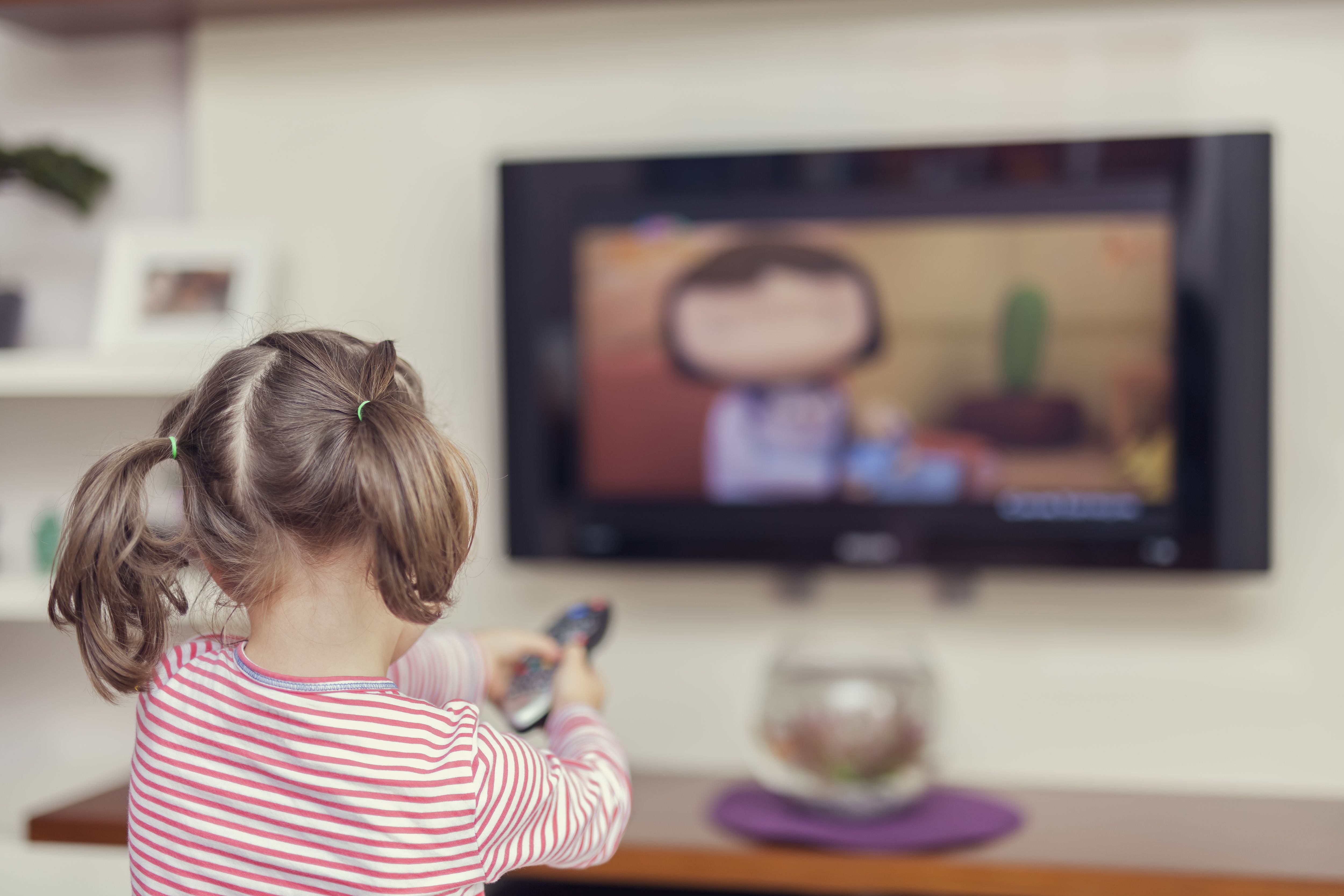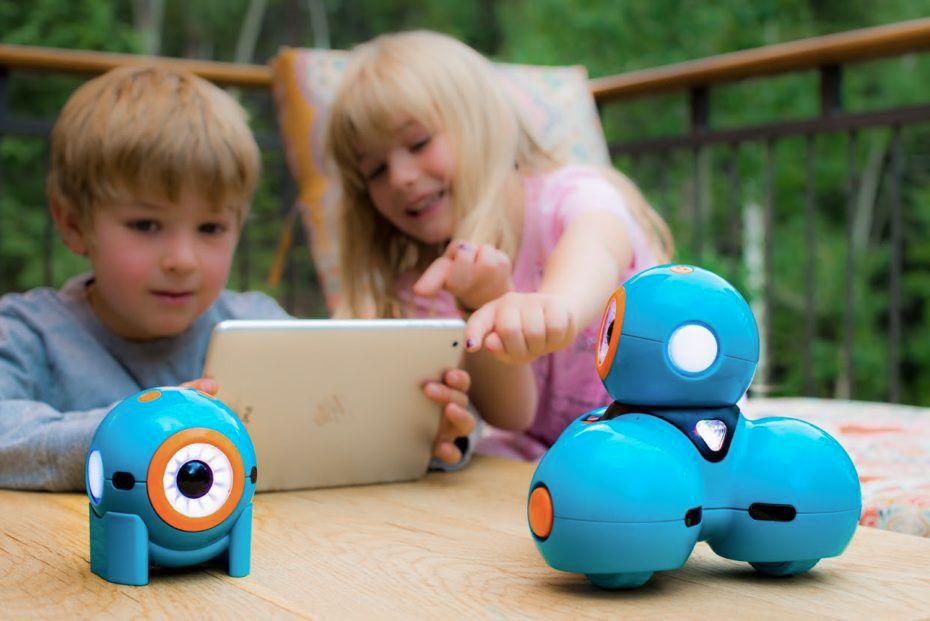Conquering Screen Time Guilt: Tips to Support Your Child's Learning with Media

In today's media-filled world, traditional strict screen time guidelines aren't practical for many families. With COVID-19 put on top of that, I've heard from many parents who are feeling guilty about the amount of screen time their kids are getting. The most important thing for parents to know is that it's okay. Sometimes having your kids watch TV for an hour so you can relax or get something else done is much needed, and you should never have to feel guilty for something that helps make your days a little bit more doable in the uncertain times we're living in.
Of course it's important to balance screen time with screen-free play and active time, but the truth is that "screen time" is not all the same. With so many great educational games, shows, and other types of media available, there are seemingly endless options for using screen time to support your child's learning from social and emotional skills to reading and math.
However, research has shown us that consuming this media alone might not actually help children learn and develop their social and emotional skills. The good news is that there are some easy steps parents can take to help their kids take more away from what they watch. With these tips in mind, you can rest easy that your child's media use can be as positive an experience for them and their development as possible.
Making Screen Time Educational
1. Find Media that is Truly Educational
With so many options out there marketing themselves as "educational," it's worth taking a few minutes to do your research on the shows and games that your child spends time with. Look for information on learning objectives, research and theoretical backing, and outcomes if they're available. Common Sense Media is a great place to learn about a show's content and even find shows that emphasize certain themes, and EdSurge has great reviews for educational apps.
2. Coview or Coplay When You Can
Interacting with media alongside your child is a surefire way to increase their learning from that experience. While you're watching a show or video, you can ask your child questions about parts of the show that are interesting or relevant to your family's values, and model that you're thinking critically about the media you're watching while doing so. If you're playing a game together, think about modeling traits like good sportsmanship. Even for media that isn't explicitly educational, creating a social experience around it can go far in teaching your child real lessons.
3. Have Frequent Discussions About Media
Coviewing isn't always possible for busy parents, but some of its benefits can still be captured by having a conversation later in the day. Dinnertime, car rides, or before bed time can be great opportunities to ask your child about what they watched or played today and what they stood out to them. You can show curiosity by asking them follow-up questions, and help them connect lessons to real life by asking questions that relate the show back to them. Research has indicated that young children especially require this social interaction to truly absorb the social and emotional lessons in children's media, and these conversations have been shown to benefit literacy development as well.
Deep conversations about shows and movies can be tricky for parents when you haven't had the chance to watch yourself, but ConnectEDKid's guides and discussion resources can be a great way to get a little bit of background on what you might want to talk about. Browse our shows here to get started.





